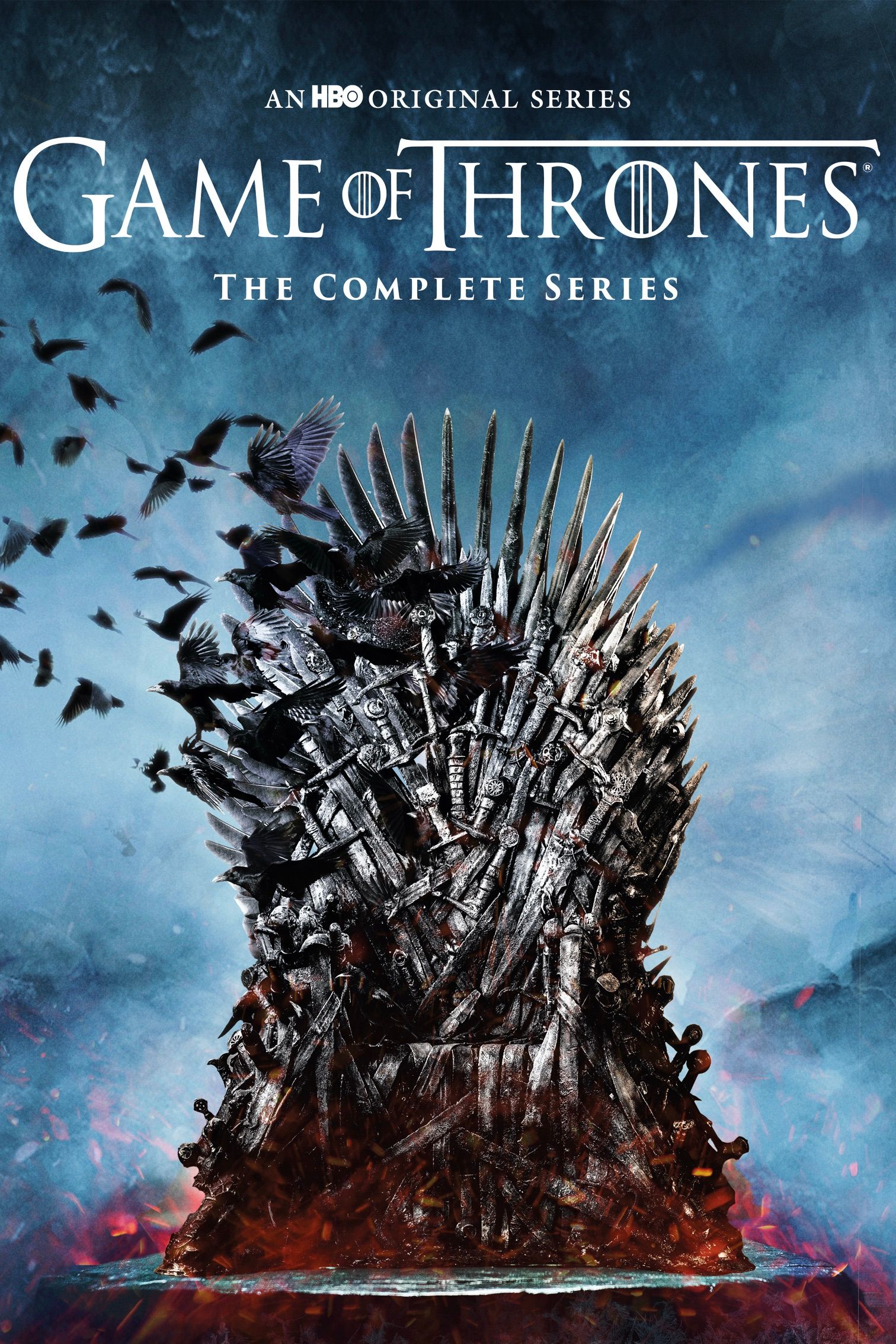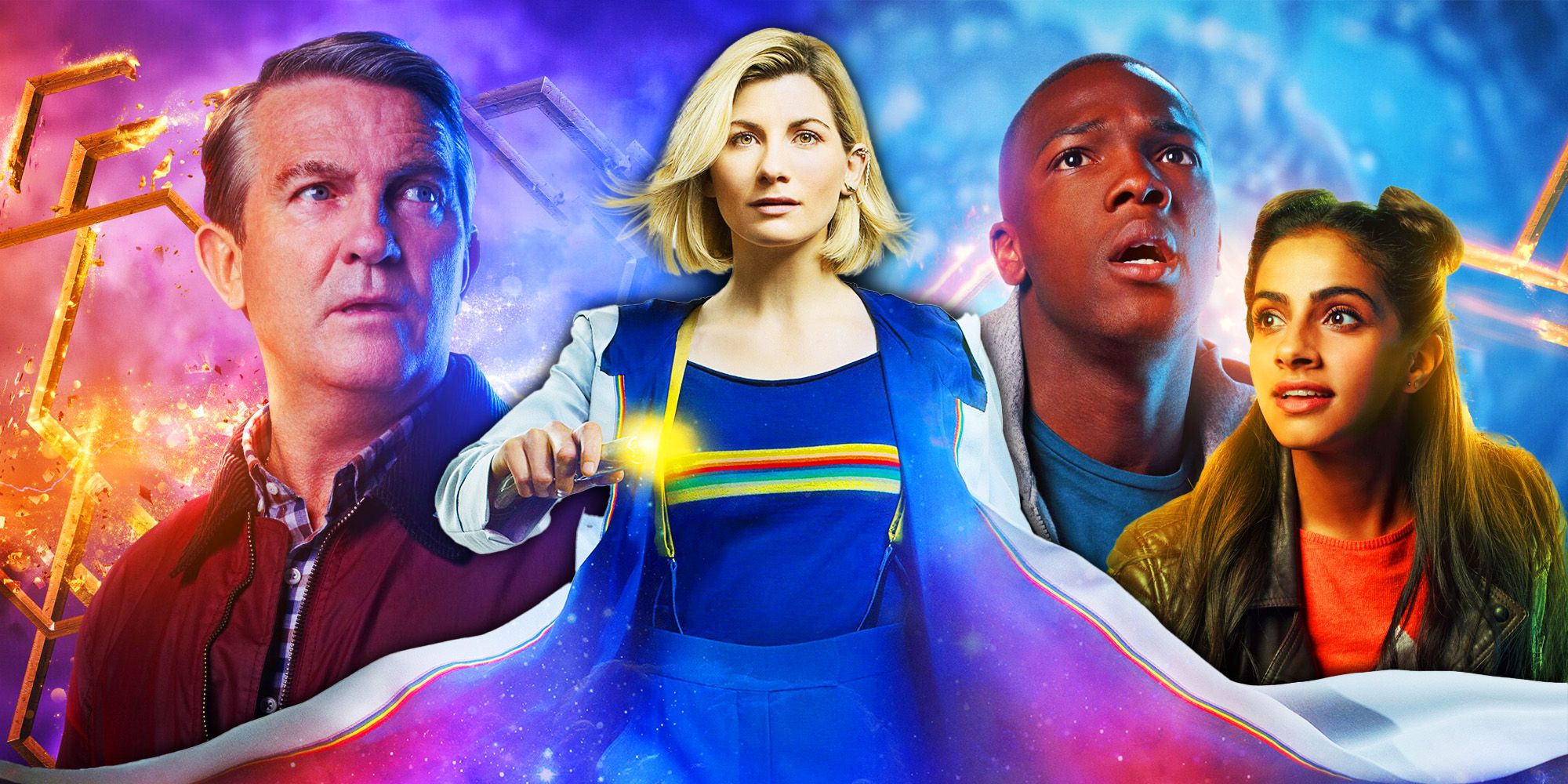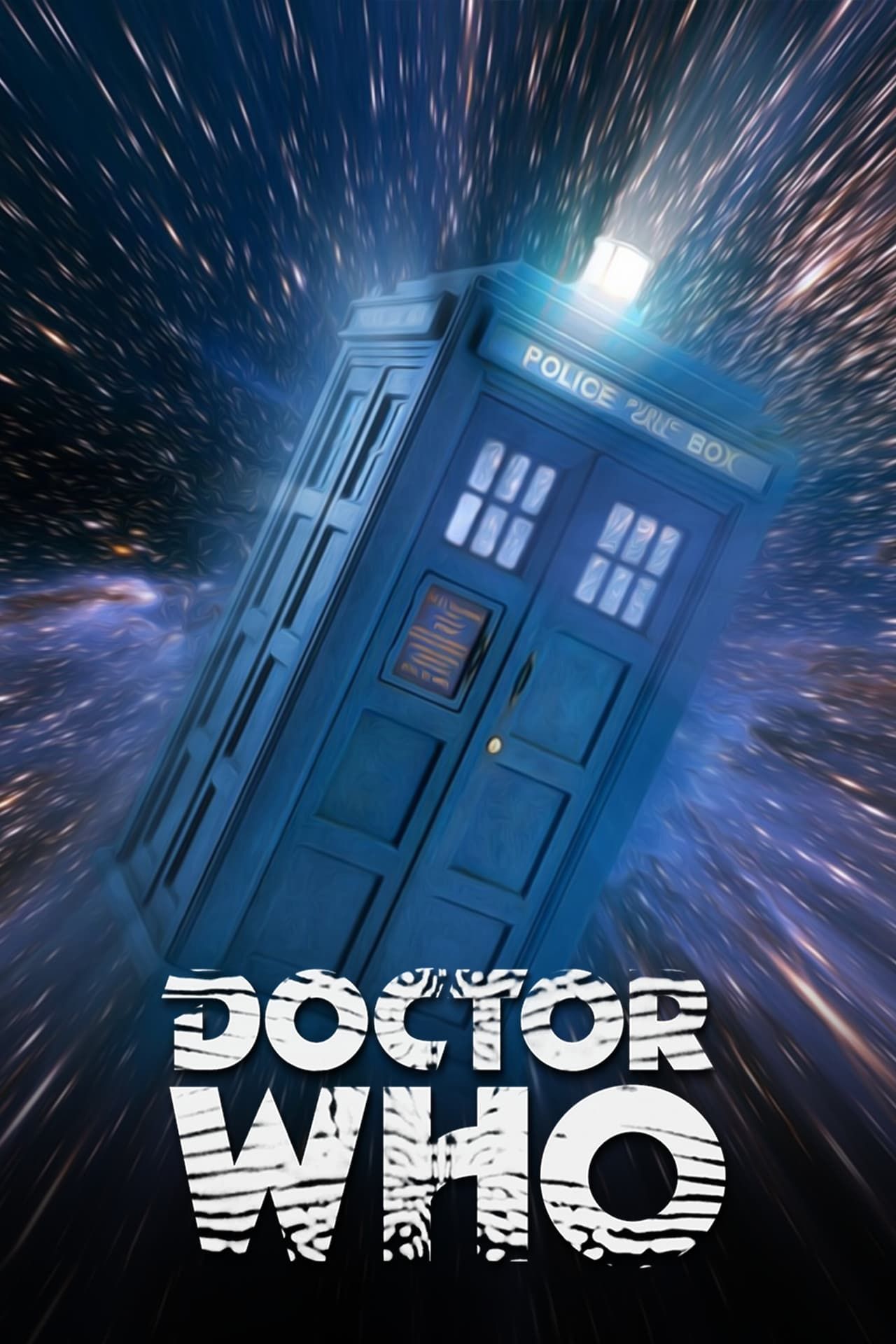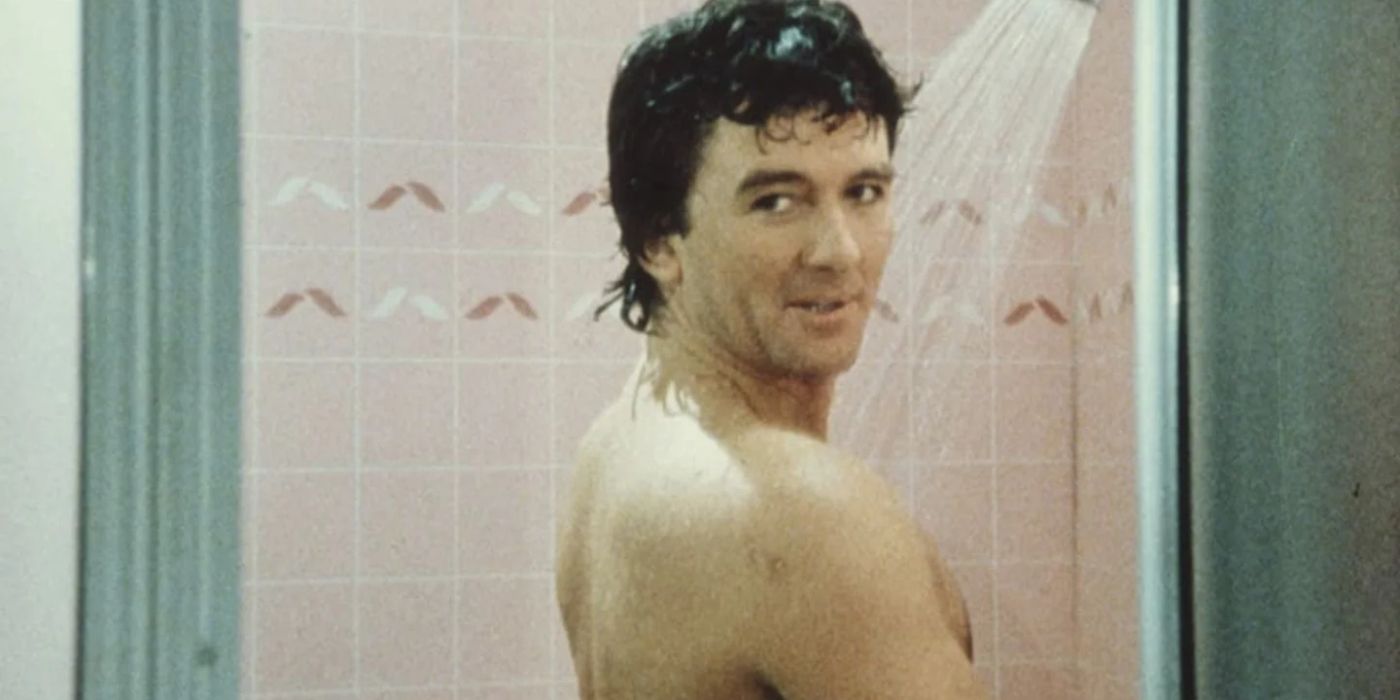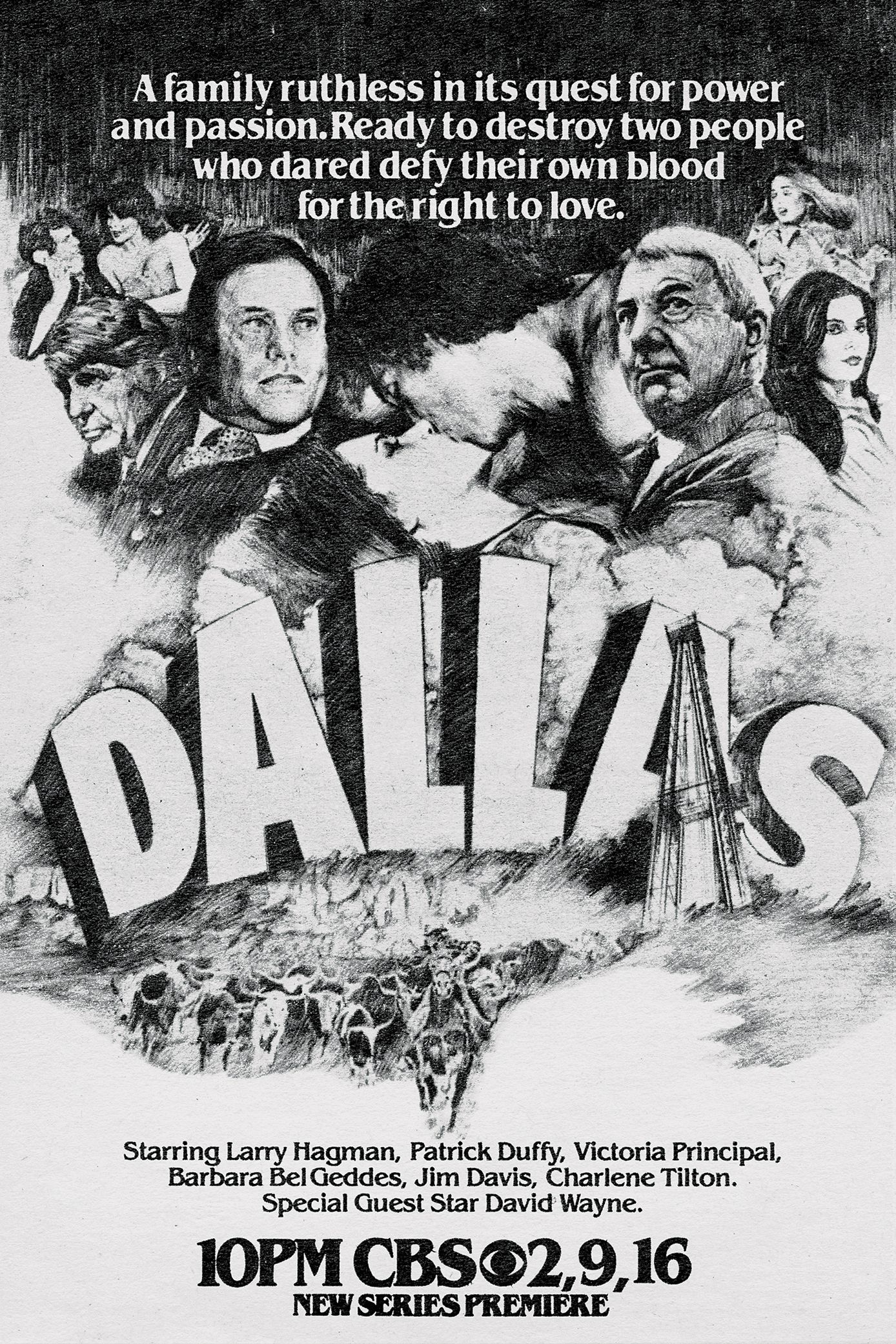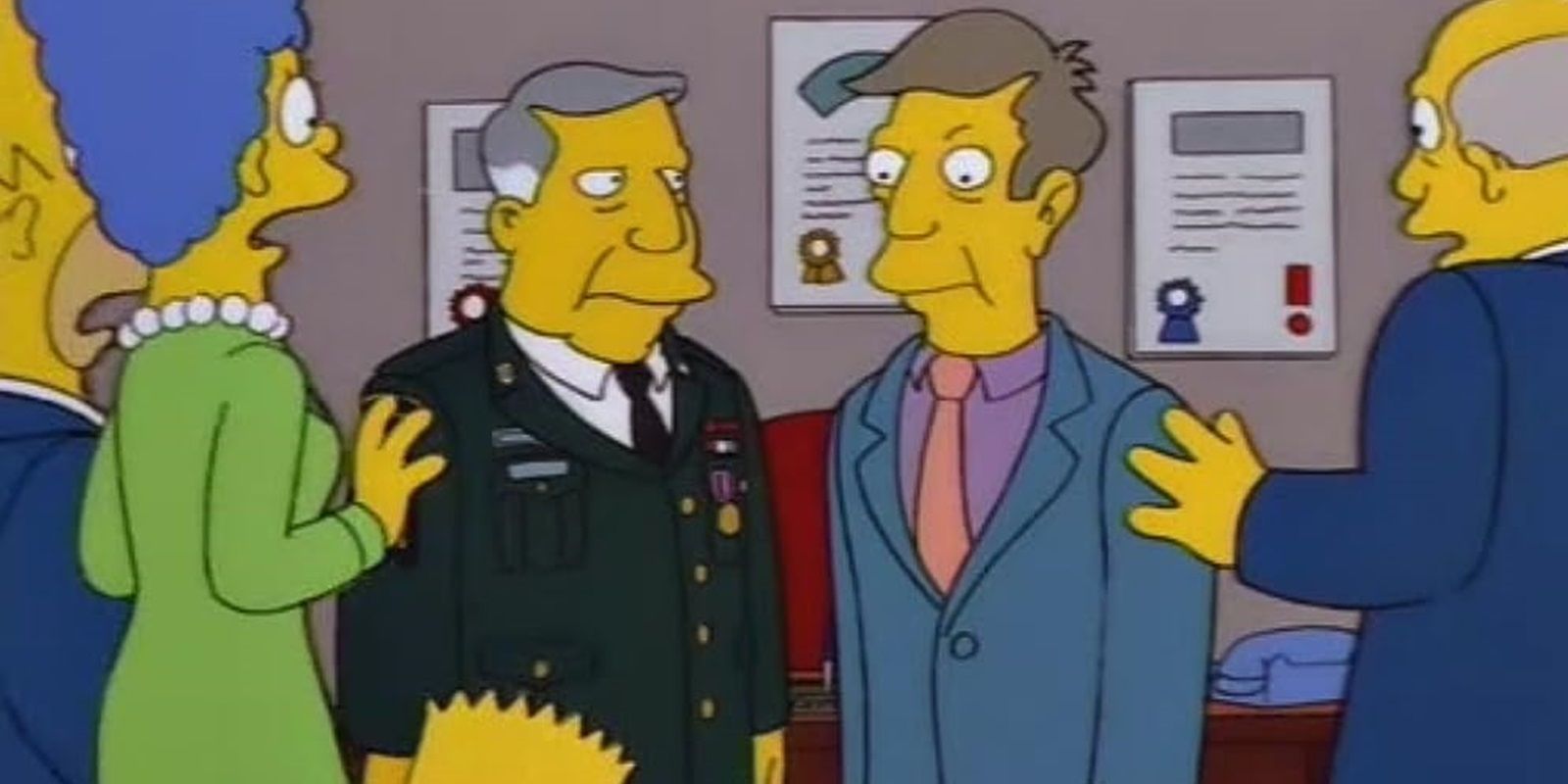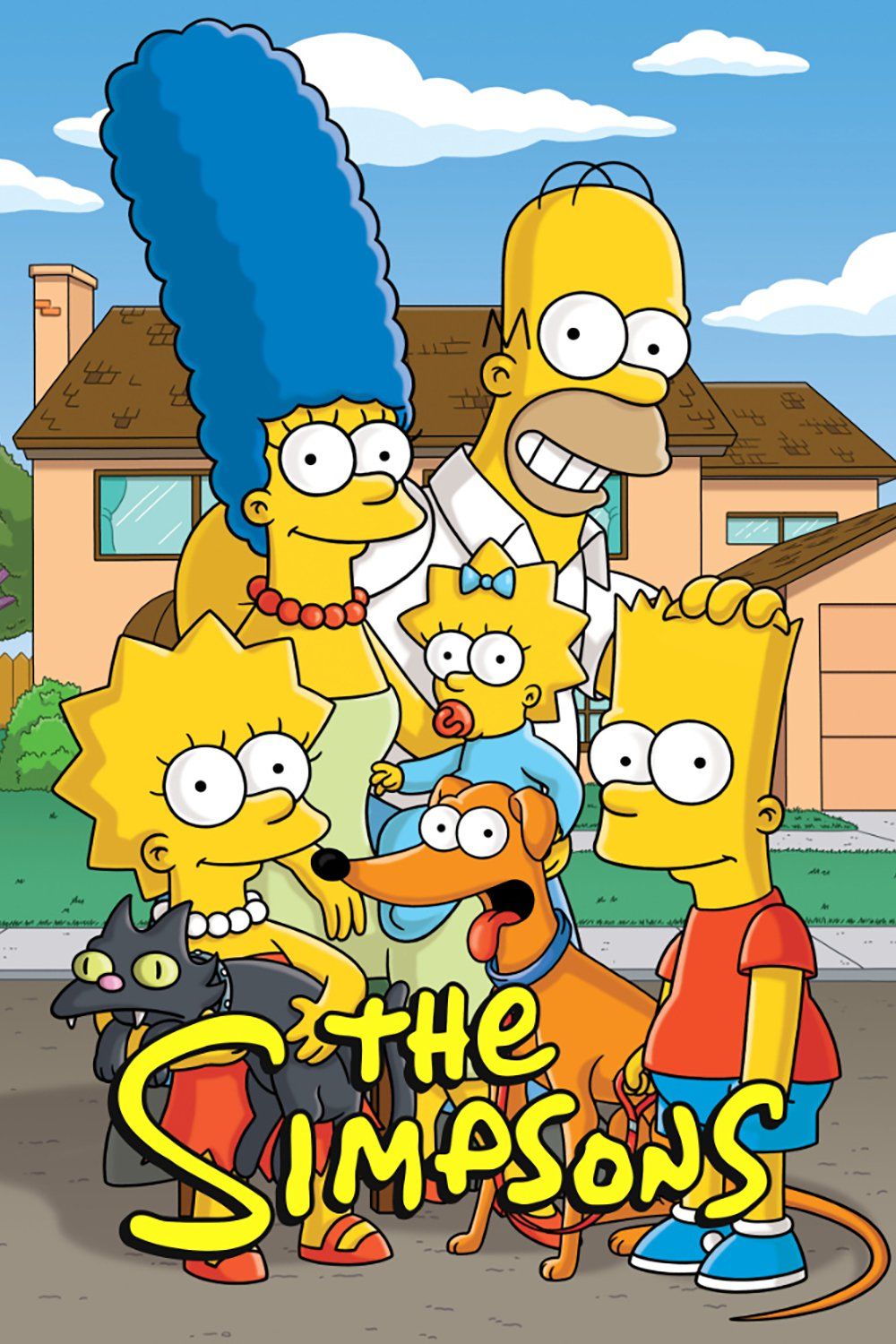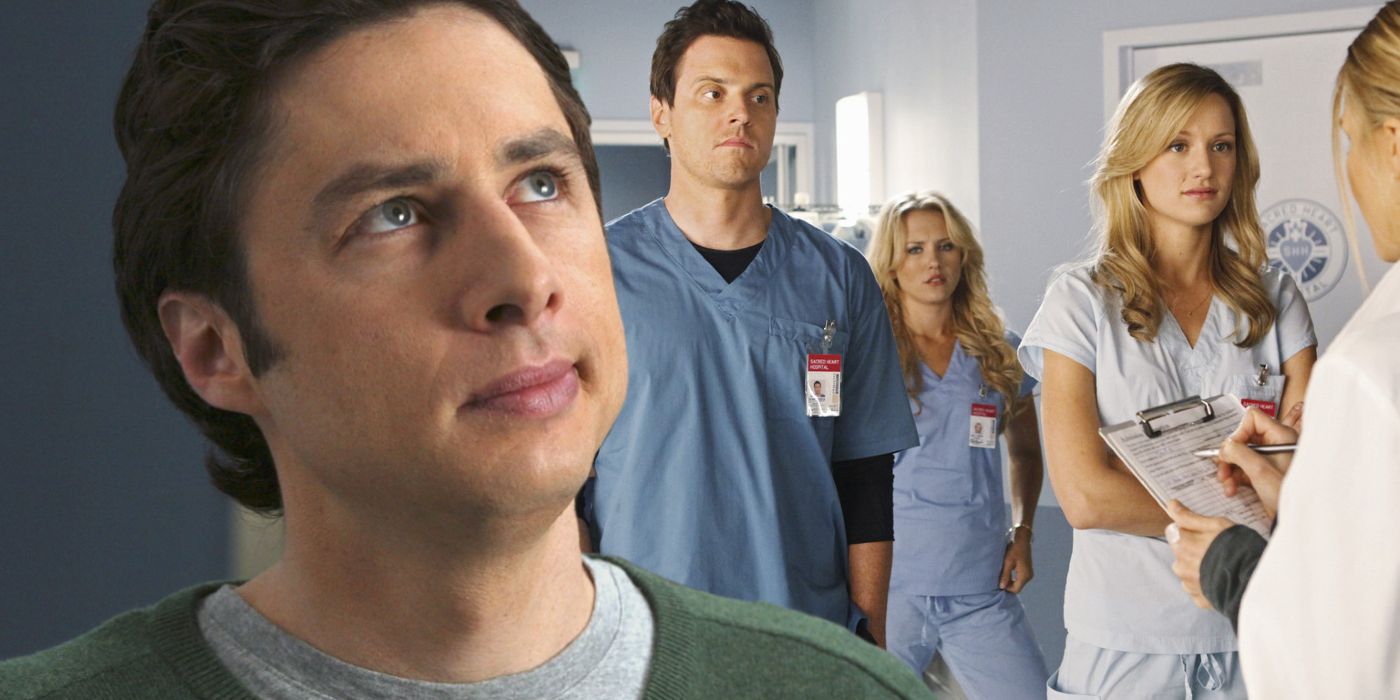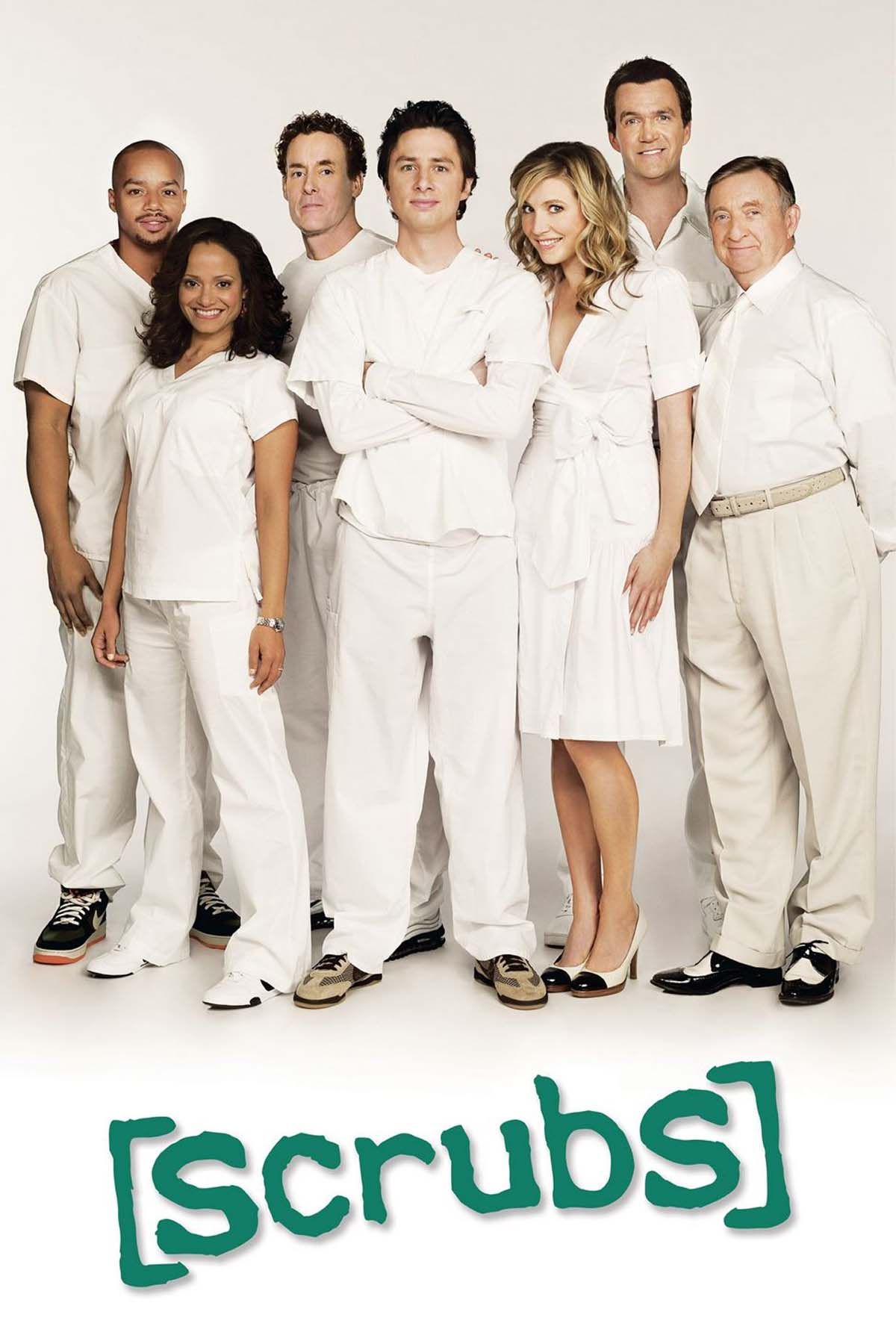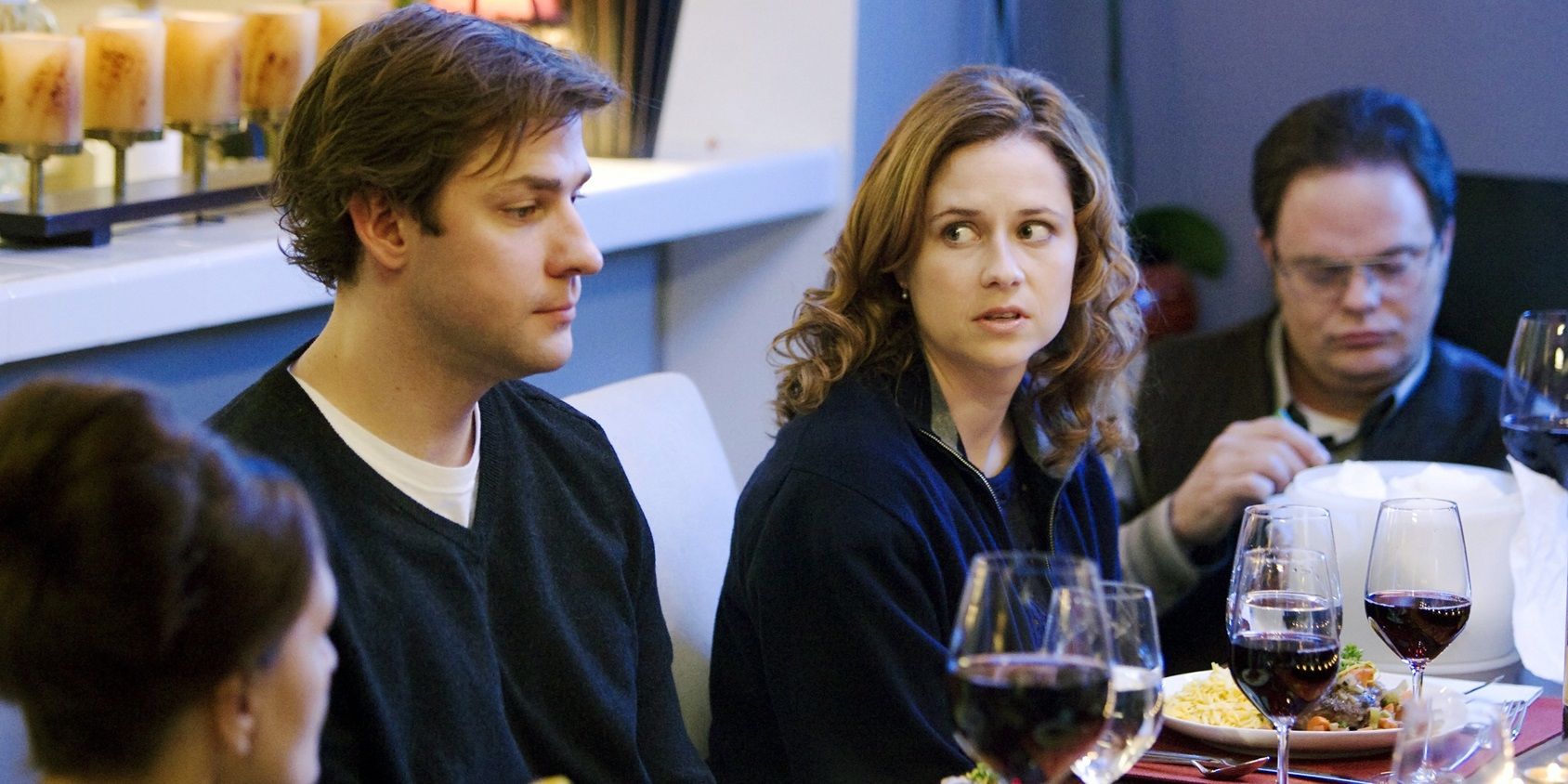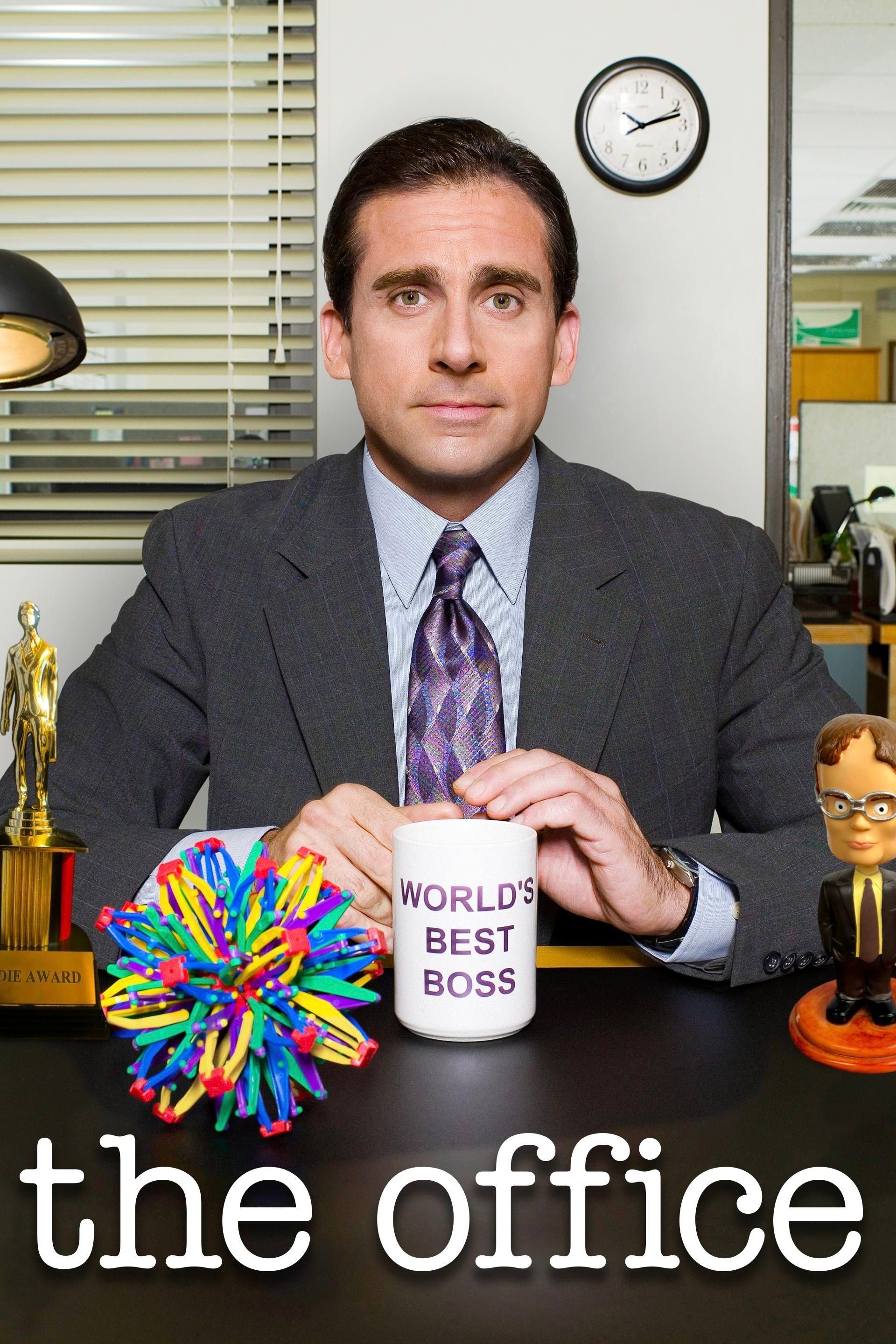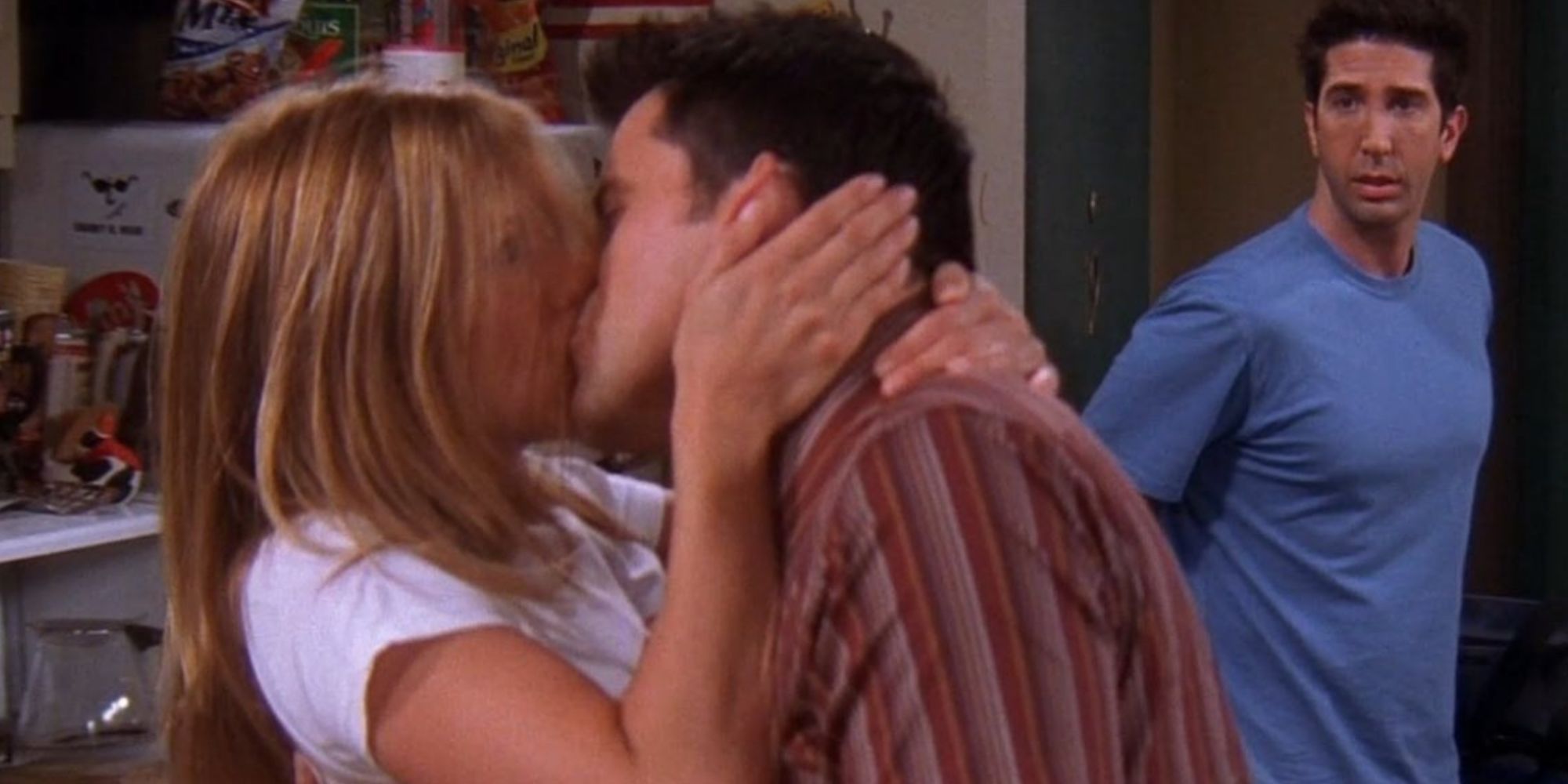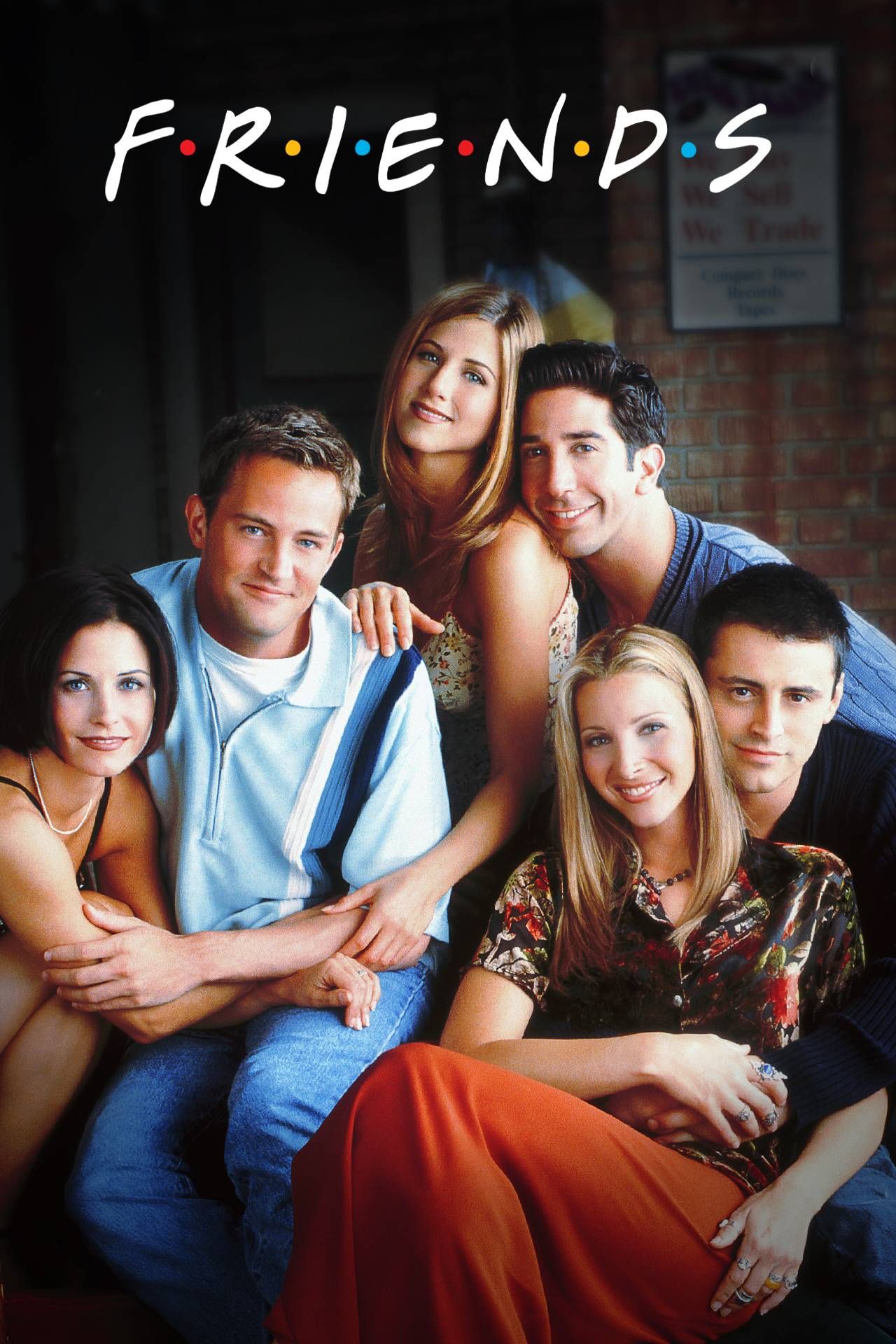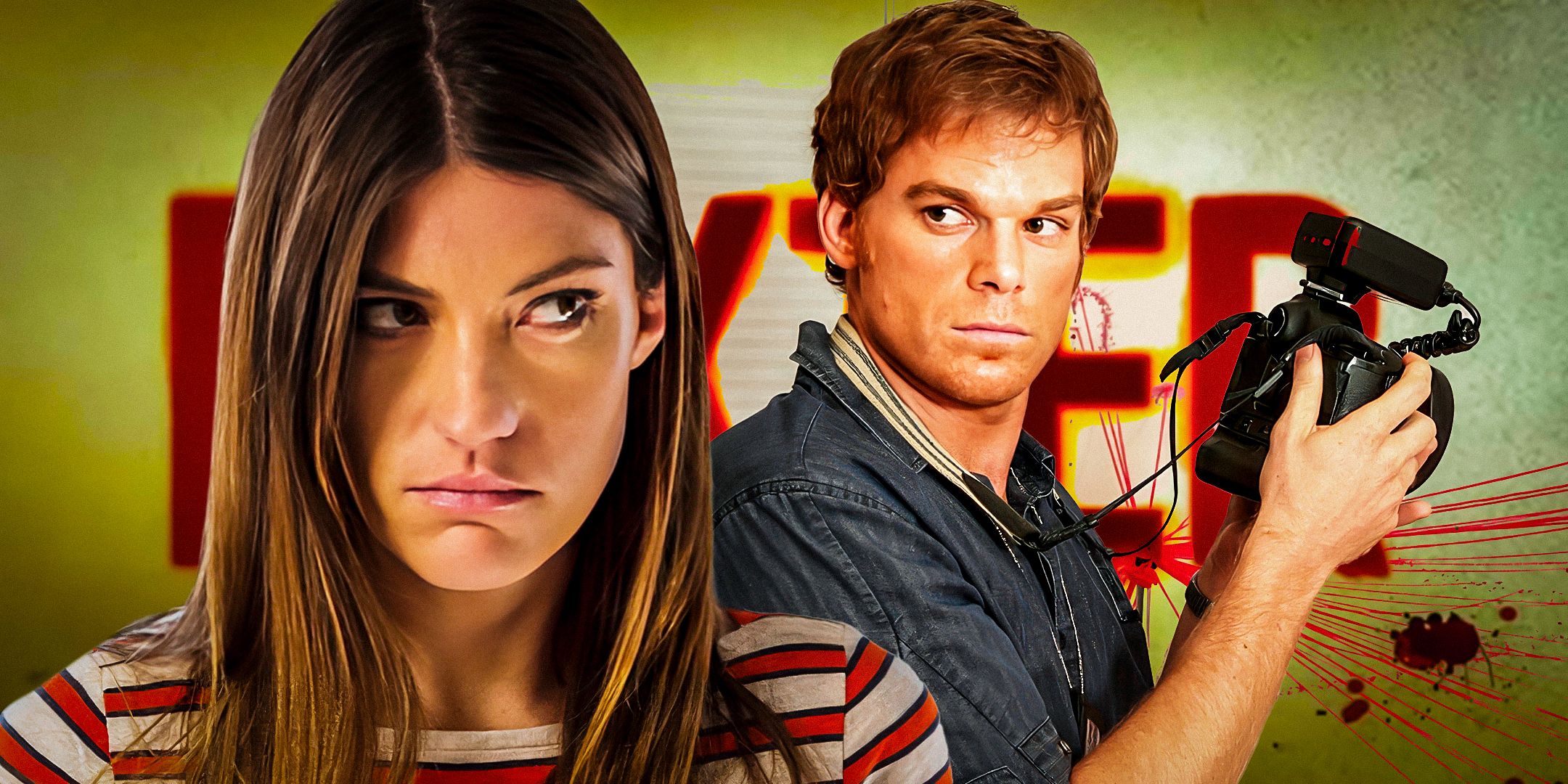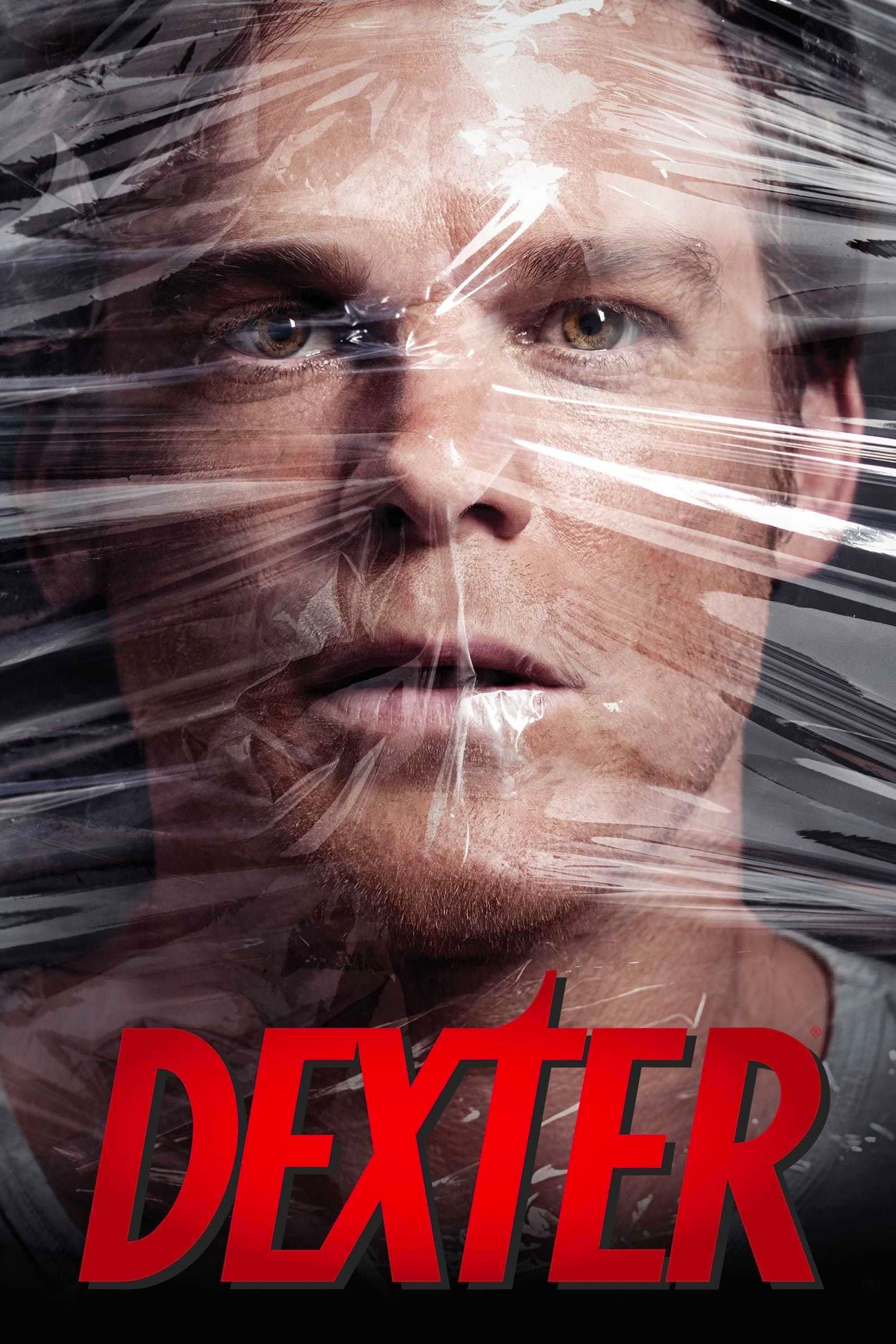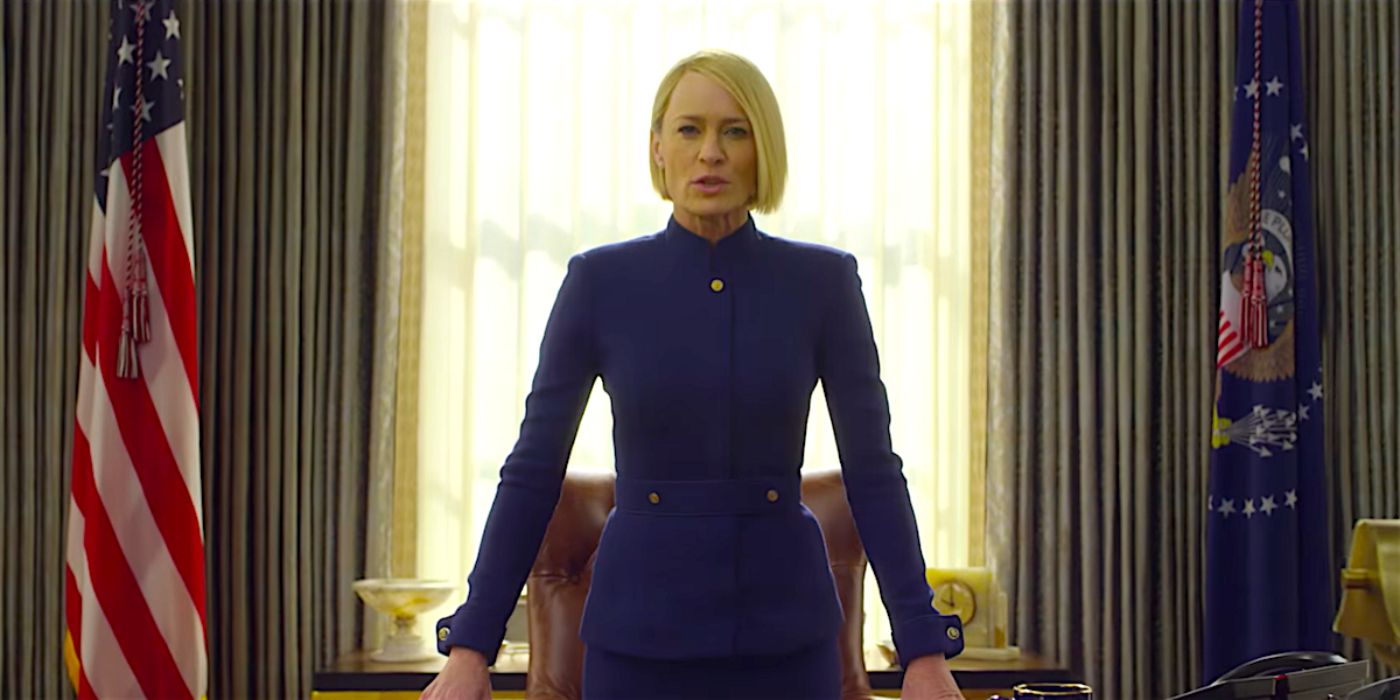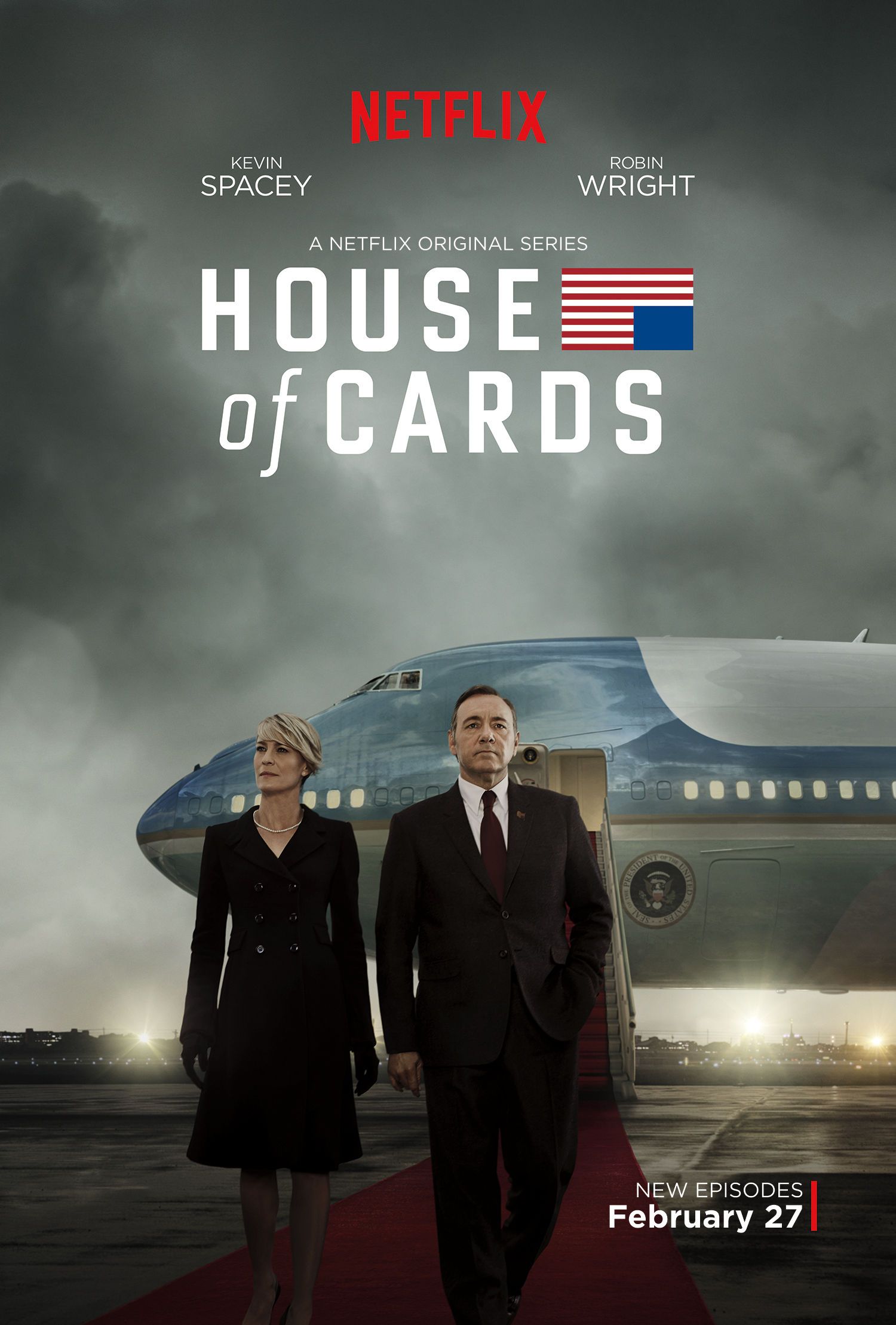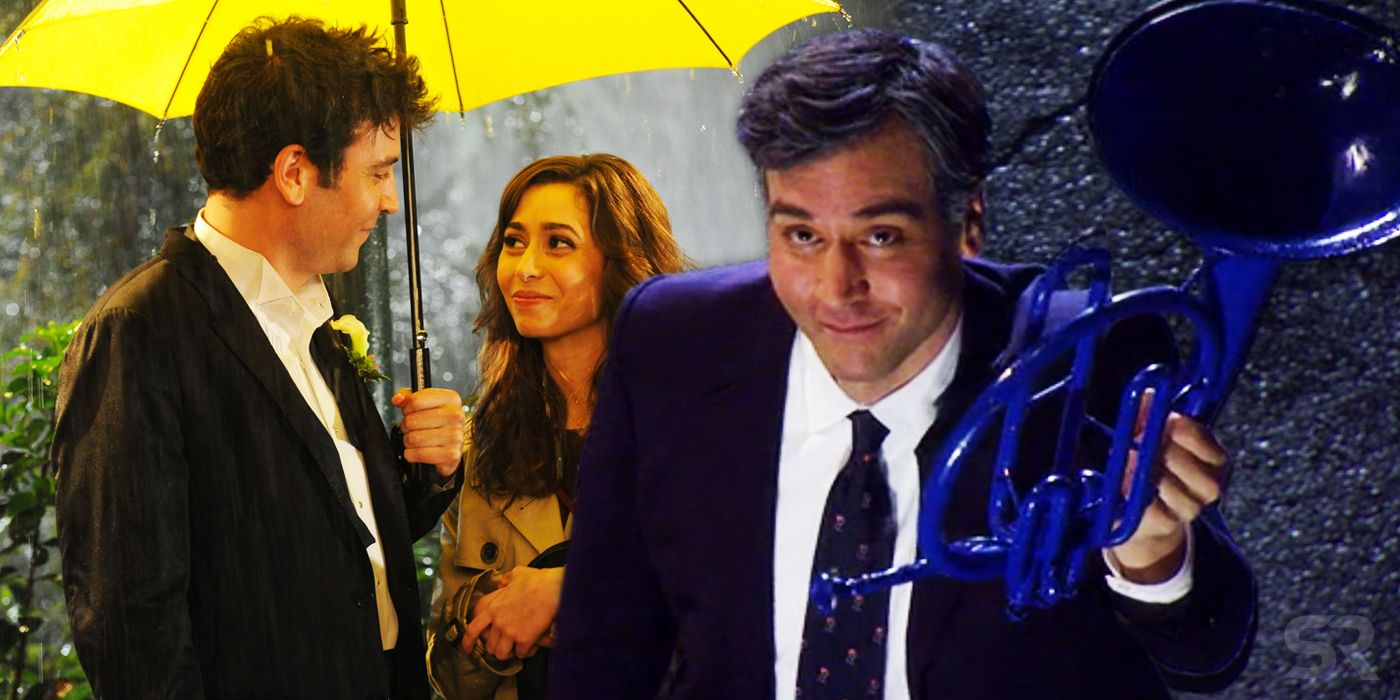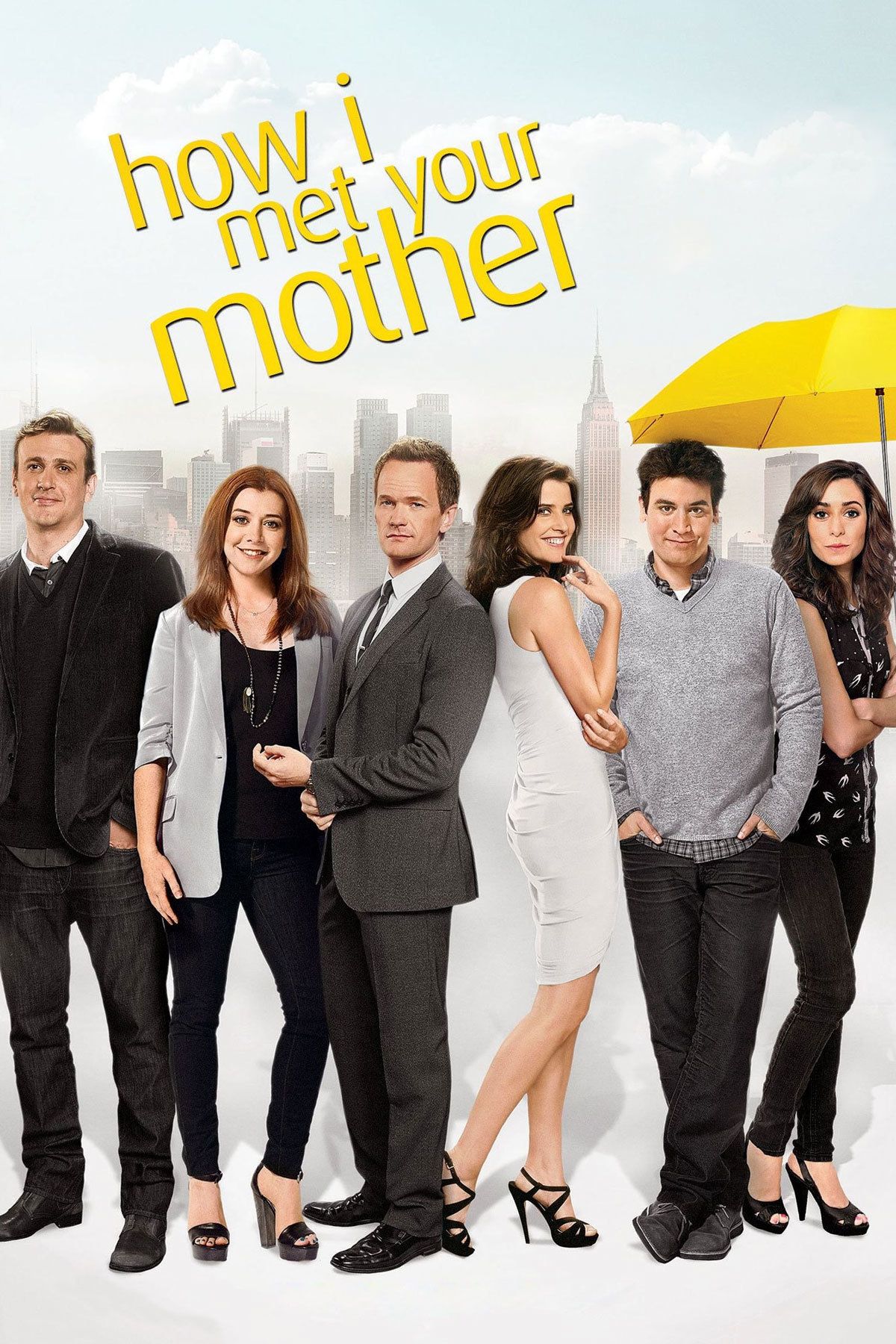It’s always exciting when a TV show takes a massive risk that really pays off, but it can be insanely frustrating when these surprising writing decisions fall flat on their face. While huge twists, impulsive character decisions, or unusual storytelling choices can keep things interesting, they also have the potential to alienate audiences and lead to storylines that the writers opt to quietly discard rather than continue telling an unpopular plot. This has been a problem across comedy, drama, and even fantasy series that have tried something new with their storyline, only to have viewers flat-out reject the risk.
Many of the best TV shows of all time have taken massive risks, only for them to not work out and have to backtrack on their storylines. This has seen previously deceased characters inexplicably return to life, established backstories being badly rewritten, or even final seasons that ruined the legacy of the entire show in retrospect. While TV shows can sometimes recover from risks that didn’t work out, others end up calling it a day on a lackluster final note.
10
Game Of Thrones (2011 – 2019)
Going beyond the source material
Game of Thrones was a true television phenomenon, and its intense popularity and committed fan base broke HBO viewership records. As a sprawling ensemble fantasy based on George R. R. Martin’s A Song of Ice and Fire book series, Game of Thrones powerfully adapted the books in a way that pleased long-time readers and new viewers alike. However, Martin still has not finished the two entries in the book series, and Game of Thrones took a massive risk and continued past the source material to disappointing results.
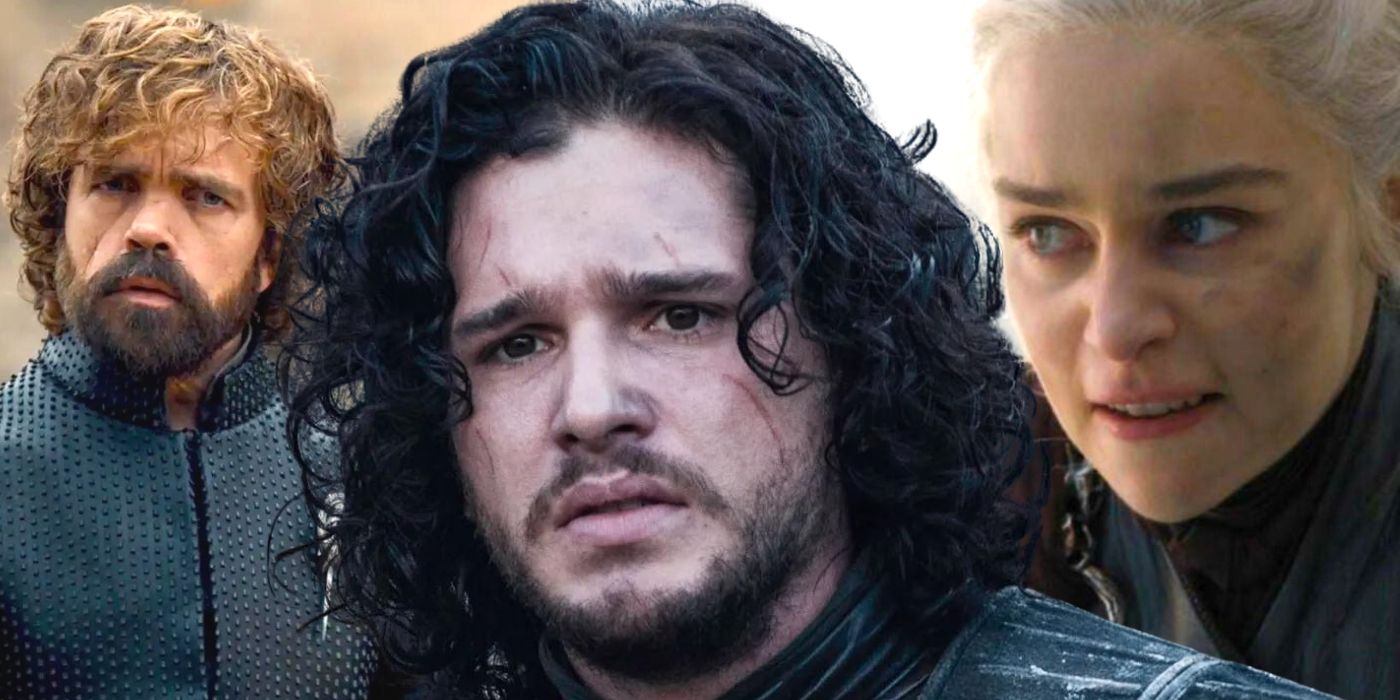
Related
Game Of Thrones: What Went Wrong With Season 8
Game of Thrones became one of the most beloved TV series of all time, but its final season is one of the most hated. What went wrong in season 8?
While the earliest seasons of Game of Thrones stuck closely to the book’s story, after Jon Snow’s death in season 5, there was no more original material to adapt, and the writers started making it up as they went along. This risk did not pay off and was made even worse as Martin, who had been involved as a consultant and even wrote some episodes’ scripts, said he was “out of the loop” for the show’s final seasons (via Deadline.) Game of Thrones finished with a disappointing final season that alienated viewers and made the whole show worse retrospectively.
9
Doctor Who (1963 – Present)
Revealing the Doctor was never from Gallifrey
Doctor Who is a true British institution that’s beloved across generations and has continually reinvented itself for every era. As a sci-fi answer to James Bond, the time-traveling Doctor’s ability to regenerate means he’s continually recast with new actors who help update and modernize his character for new audiences. While many aspects of Doctor Who have changed over the years, some foundational tenets have remained, and central to this was the idea that the Doctor was from the planet Gallifrey, a fact that was first introduced in The Time Warrior serial, which aired in 1973 and 1974.
However, “The Timeless Children” with Jodie Whittaker as the Thirteenth Doctor took a massive risk and messed with the lore of the Doctor’s backstory. This episode revealed that the Doctor was not Gallifreyan and instead had their DNA used to give Gallifreyans the ability to regenerate, which called into question whether there was a limit to their regenerations. This was a divisive risk, and although it was good for the longevity of Doctor Who as a series, it was controversial with fans who felt the series was tampering with a core aspect of its identity.
8
Dallas (1978 – 1991)
Killing Bobby Ewing
The CBS soap opera Dallas was one of the most popular TV shows of its time, as countless viewers tuned in to watch the affluent and feuding Texas family, the Ewings, and the drama surrounding their oil company. As a prime piece of aspirational television, Dallas showcased the lives of the ultra-wealthy and gave viewers a glimpse into the dramatic goings-on of those in the upper echelons of society. With several iconic storylines, like the ‘Who shot J.R.? mystery, Dallas took a major risk when they killed off Bobby Ewing (Patrick Duffy) at the end of season 8.
Killing off Bobby was a major risk that didn’t pay off, and the writers knew they needed to find a way to reintroduce the character. To do this, Dallas took the biggest swing any television show had dared to try as they revealed at the end of season 9 that Bobby’s death was a dream experienced by his wife Pam and that everything that had happened since occurred in her imagination. This was a ridiculous solution to a massive problem, and although the audience was happy to have Bobby back, the cast was upset about their forgotten storylines (via People.)
7
The Simpsons (1989 – Present)
Messing with Skinner’s backstory
Everyone will have a different opinion on when the Golden Age of The Simpsons came to an end, but nobody can deny the show has had a dip in quality since its earliest seasons. While the Flanderization of many of its characters has contributed to it, there was one major risk the show took that signaled the beginning of the end of the show’s glory days. This was the season 9 episode “The Principal and the Pauper,” which, despite being filled with hilarious classic moments, also changed Principal Skinner’s backstory in a way that was impossible to come back from.
Part of the appeal of The Simpsons was not just the family but the entire population of Springfield, who had definitive backstories that viewers knew and understood. With the revelation that Skinner was actually a troubled Vietnam veteran named Armin Tamzarian who had stolen the real Skinner’s identity, The Simpsons undid years of development that was essential to understanding his character. Skinner’s relationship with his mother was a defining trait of his character, and this story meant that aspect of him didn’t make any sense anymore.
6
Scrubs (2001 – 2010)
Scrubs: Med School
Scrubs followed the lives of the employees of Sacred Heart Hospital through the experience of J.D. (Zach Braff), who also narrated the show. With hilarious slapstick humor and surreal cutaway gags, Scrubs had a style that was also its own and audiences connected with its unique mix of humor and heart. Scrubs ran for eight successful seasons before it took a divisive risk that didn’t pay off for its ninth and final season.
The last season of Scrubs saw Braff and other members of the cast exit the show as main characters and be replaced by a new crop of medical students. This final season was subtitled Med School to differentiate it from the rest of the show and was badly received, earning the lowest-ever ratings of any season of Scrubs (via TV by the Numbers.) With Lucy (Kerry Bishé) taking up J.D.’s role as the main character and narrator, Scrubs had lost a central aspect of its identity, and viewers rejected the revamped show.
5
The Office (2005 – 2013)
Jim and Pam’s marriage troubles
The US version of The Office was perhaps the most successful American remake of any TV show of all time. By carving out its own identity and unique sense of humor, The Office has remained as popular among viewers and earned its status as countless viewers’ number-one comfort show. One aspect of the original British version that The Office kept was the long-festering will-they-won’t-they romance subplot of Jim Halpert and Pam Beesly, who finally began dating in season 4, got engaged in season 5, married in season 6, and then started a family.
Audiences rooted for Jim and Pam since the beginning, and watching their romance blossom led to many of the show’s most impactful and emotional moments. That’s why The Office took a major risk with the couple’s marriage troubles in the final ninth season. Jim and Pam’s relationship was a narrative anchor within The Office, and audiences did not react well to the strain that Jim’s desire to move to Philadelphia and start a sports marketing company put on their marriage. While the pair did overcome their issues, this was a subplot viewers would have preferred never occurred at all.
4
Friends (1994 – 2004)
Rachel and Joey’s romance
Friends was one of the biggest sitcoms of the 1990s and early 2000s, as viewers tuned in each week to watch the misadventures of Chandler, Ross, Joey, Monica, Rachel, and Phoebe. Running for an astounding ten seasons, the will-they-won’t-they dynamic of Ross and Rachel and the eventual love that Chandler and Monica found together were central to the show’s success. However, introducing a romantic relationship between Rachel and Joey felt like a step too far, and audiences reacted badly to this subplot, which felt more like the writers had run out of ideas than anything else.
Even the cast of Friends said that they were uncomfortable with the Rachel and Joey storyline (via People) as it felt like it went against the well-established romance between Rachel and Ross. Joey’s actor, Matt LeBlanc, even said he thought the relationship felt “incestuous” as the characters had developed a sibling-like bond throughout the show. Adding to this, the characters just didn’t have any chemistry, and viewers breathed a sigh of relief when they split up after dating for just a few episodes in season 10.
3
Dexter (2006 – 2013)
Deb falling for Dexter
Although Dexter was a wildly exciting show in its earliest seasons, it clearly lost its way as it went on, culminating in the disappointing “Lumberjack Dexter” finale. While Dexter made several poor narrative decisions throughout its run, the most egregious risk it took was in season 6 when Debra Morgan went to therapy and concluded she was in love with her adoptive brother. While the character’s actors, Jennifer Carpenter and Michael C. Hall, were married in real life, this storytelling felt uncomfortable, incestuous, and downright wrong.
The dynamic between Deb and Dexter was always very clearly a strict brother-and-sister relationship, and to introduce romance into the mix just because they were not blood-related felt like a slap in the face to adopted children worldwide. Debra and Dexter grew up together since they were young children, and trying to justify this romance just felt awkward. Thankfully, the showrunners realized their mistake, and this storyline was dropped, but it really was one of the worst writing decisions in all of Dexter.
2
House of Cards (2013 – 2018)
Making Claire Underwood the protagonist
House of Cards was Netflix’s first original drama and a major contributor to the early success of the streaming service. Kevin Spacey gave an extraordinary performance as the manipulative politician Frank Underwood, and the series fiercely explored themes of betrayal, corruption, power, and ruthlessness. However, behind-the-scenes accusations of sexual assault against Spacey put the show’s future in jeopardy, and House of Cards made the risky decision to continue for a sixth and final season without its main character.
The final season of House of Cards shifted focus to Frank’s wife, Claire Underwood (Robin Wright), and her challenges in the White House as the first female president of the United States. While Wright gave a great performance and aspects of the final season were engrossing, House of Cards was all about Frank’s story, and the lack of character was sorely felt. Concluding House of Cards without Frank in a way that pleased viewers was an impossible challenge, and while the writers did their best, it might have been better just to leave things unfinished.
1
How I Met Your Mother (2005 – 2014)
Making Ted and Robin the endgame
Viewers followed the story of Ted Mosby’s love life for nine seasons, waiting for him to finally reveal to his children how he met their mother in the sitcom appropriately titled How I Met Your Mother. With an incredible ensemble cast of close friends, one thing that How I Met Your Mother made explicitly clear from the first episode was that Ted’s future wife was not Robin Scherbatsky, his on-again-off-again love interest throughout the show. This was why the death of the titular mother, Tracey McConnell, in the show’s series finale was a risky move that upset lots of viewers.
After spending years waiting for Ted to finally get his happily-ever-after with the Mother, Tracy’s death served to simply pave the way for Ted to confess his love for Robin and for them to end up together. This not only went against the very premise of the show but also felt disappointing, considering how much the romance between Robin and Ted’s best friend Barney Stinson had developed throughout the show. How I Met Your Mother dropped the ball in its final episode with a risk that just didn’t pay off.
Source: Deadline, People, TV by the Numbers
